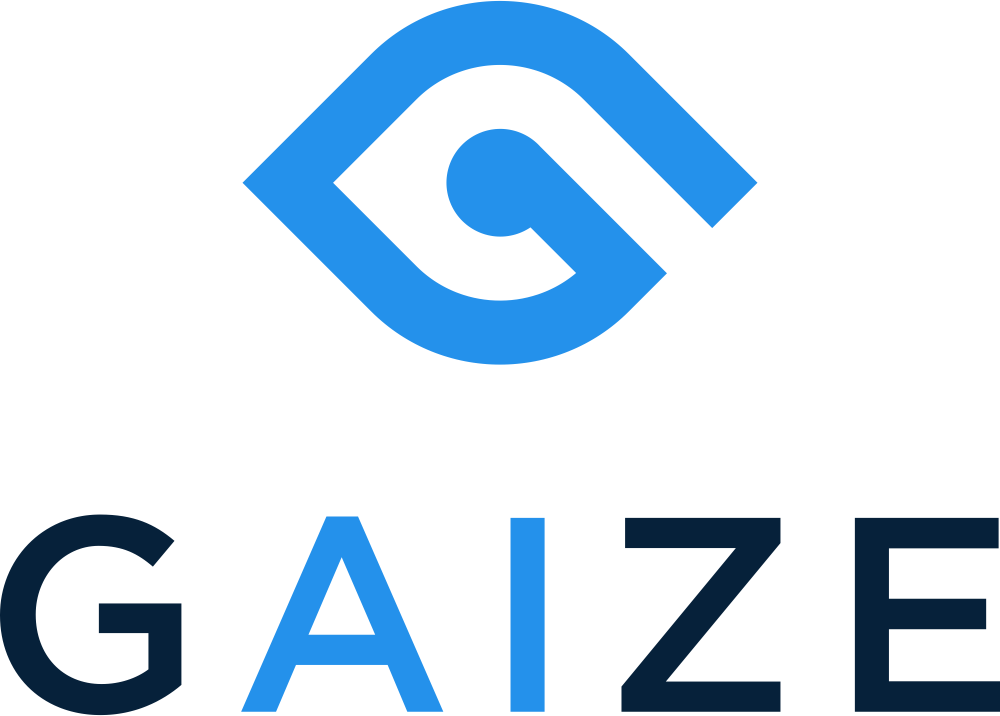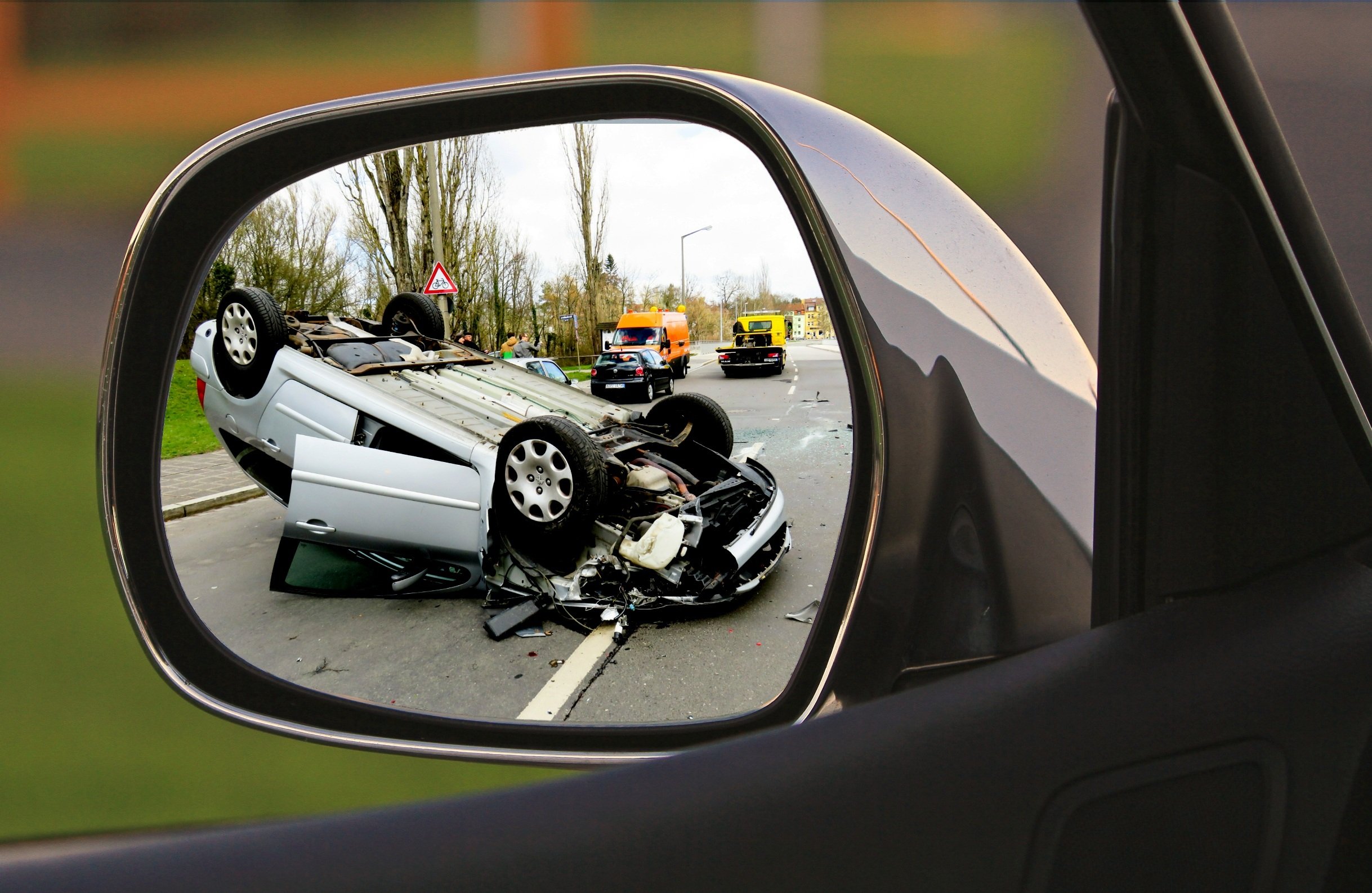Why are we building Gaize?
One of the first questions that people ask about Gaize, is why we’re tackling the problem of drug impaired drivers and workers. This is a challenging space, and so far, no other company has managed to crack the code to real-time cannabis impairment testing. The answer is multi-fold, but it all comes back to ensuring we can move forward as a society, safely. Putting aside the politics of cannabis legalization, the mission of Gaize is fundamentally to ensure that we can maintain safety in light of cannabis legalization. Whether you’re pro-cannabis or anti-cannabis, you can certainly agree that we have to prioritize safety in any conversation about drugs. The lack of a device that law enforcement and business owners can use to ensure that safety is being maintained is the explicit problem that is the focus of Gaize.
To check for drug impairment currently, law enforcement must rely entirely on human observations. Specially trained officers conduct what are known as standardized field sobriety tests (SFSTs), and may conduct further evaluations by Drug Recognition Experts, or DREs. DREs are officers with additional special schooling focused on identifying the signs and symptoms of drug impairment. These tests are fraught with opportunities for human error, produce virtually no data, and are by definition, subjective. Additionally, the best trained officers are only about 75-85% accurate at correctly identifying drug impairment.
Businesses, on the other hand, have no tools except surveillance urinalysis, or hair tests, to detect prior cannabis use. This is distinctly retroactive testing, and doesn’t allow for safe and responsible use by employees during their non-work hours. Studies have shown that employers spend $4B annually on drug testing, but lose an estimated $160B each year to the direct cost of employee drug use.
The “War on Drugs” as announced by Richard Nixon in 1971 has been unsuccessful policy by any measure. The direct cost to the US government is $31 billion annually, yet it fails to intercept even 10% of the drugs entering the United States. It’s estimated that the War on Drugs has cost the United States over $1 trillion since it was started. Further, the data shows that incarceration for drug offenses has virtually zero impact on drug use (Pew Research). The cost of this incarceration is phenomenally high, and the formerly incarcerated individual’s ability to be a productive member of society is dramatically reduced. At Gaize, we’re data driven in all things. Whether you believe in the mission of this abolitionist drug policy or not, the argument cannot be made that it is working, or even that progress is being made against its aims. Drug use continues to increase, overdose deaths are at record highs, and prisons are full. Continuing to then throw tens of billions of dollars annually into the War on Drugs is fiscally foolish, and morally deeply questionable.
The reality is that the vast majority (91%) of Americans believe that cannabis should be legal for medical and/or recreational use (Pew Research). A simple objective evaluation of the impacts to society clearly reveals that alcohol is a far more dangerous substance. If we believe that alcohol should be legal, cannabis should clearly also be legal. Further, most states have already legalized cannabis in some form, leaving federal legalization all but certain to follow. Cannabis legalization is proceeding with or without measures to keep society safe, such as a device to measure cannabis impairment.
We believe in proving a pathway to ensure that cannabis legalization is done safely. The single greatest hurdle to this goal is certainly the lack of any device to test for real-time cannabis impairment. After all, how can we reasonably expect to legalize an intoxicating substance without a way to ensure that roads and workplaces remain safe? This is a huge problem. In fact, an estimated 14.8 million drivers report getting behind the wheel within one hour after using marijuana, according to the AAA Foundation. And in a study by the Institute for Work and Health in Canada, one quarter of respondents reported using cannabis before or during work hours.
THC (Delta-9-Tetrahydrocannabinol) is the impairing molecule in cannabis. Unfortunately, studies have shown no reliable relationship between the amount of THC in the body and experienced impairment. Therefore, testing methodologies that measure the amount of THC in the body are not useful for detecting impairment resulting from cannabis use. That includes blood, saliva, and breath testing. This is because cannabis doesn’t work the same way in the body that alcohol does. Alcohol is metabolized and expelled by the body in a highly linear fashion, whereas THC does not behave this way. THC in the body spike immediately after smoking, then falls to nearly undetectable levels immediately after smoking. It is simultaneously bound by body fat, and released in non-psychoactive form over time. Studies have shown reasonably consistent impairment at certain blood-alcohol content levels. By contrast, and despite many studies, bodily THC content has never been shown to correlate to a consistent level of impairment. What this means is a heavy user of cannabis could have significantly more THC in their body, but be less impaired than a light user. For this reason, tests measuring bodily THC are not useful to measure real-time cannabis impairment. We need a different path forward, and that’s what we’ve created in Gaize.
In light of these facts, the only rational response is to find a way to ensure that roads and workplaces can remain safe using a method that is proven to be reliable in objective measurement of real-time cannabis impairment. This issue has been left unsolved for too long, and people are paying with their lives. We’re dedicated to solving this problem in an objective and fair way for all parties, affordable for those who need to do the testing, and with demonstrated scientific accuracy.
Gaize is an automated standardized field sobriety eye test for cannabis. These tests have been shown for decades to be the most accurate method of identifying active cannabis impairment. However, the human-based nature of the tests has created massive problems. Adverse testing conditions, flashing lights, and human error all contribute to many opportunities for inaccuracy. Gaize on the other hand performs the same tests from the Standardized Field Sobriety Tests in a fully automated fashion, and in a completely controlled visual environment. This eliminates all of the opportunities for mistakes and error that are introduced through a human conducted test. We evaluate the results using a proprietary machine learning algorithm that understands the signs of impairment dramatically better than any human. The testing device also records clear video of eye movement in response to these tests - a valuable piece of evidence.
Gaize is dedicated to the safety of our communities, roads, and workplaces. With an easy to use product that solves an extremely important societal problem, we believe that Gaize will be one of the most critical companies in the impairment detection space.
Do you believe in this mission? We’re hiring.
This solution is better for the testee as it’s fair, non-invasive, and objective. It’s better for businesses because it allows them to integrate legal cannabis into their workforce without putting anyone at risk. And it’s better for law enforcement because it doesn’t require any special training, removes the risk of bias, and provides a data record of the test results.
In conclusion, we’re building Gaize because this is a problem that really matters, and it’s certainly one of the most pressing technology gaps that our society is currently confronting. The solution we’ve developed is fast, affordable, fair, and objective. Join us and deploy the Gaize real-time impairment testing solution in your company or department.


